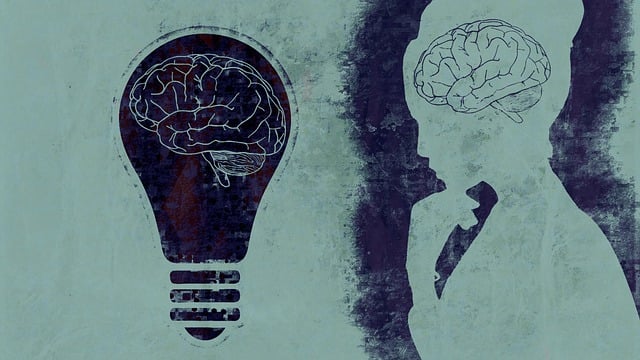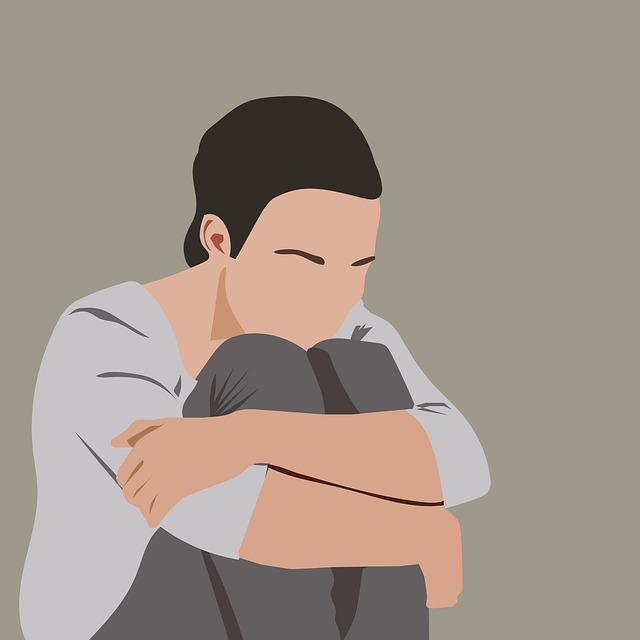Broomfield Sexual Abuse Survivor Therapy offers specialized coping mechanisms and emotional support for individuals healing from trauma, emphasizing personal growth and resilience. Through techniques like Mental Wellness Journaling, Community Outreach, and Risk Management Planning, survivors gain tools to process trauma at their own pace while fostering self-care practices such as exercise, meditation, and time in nature. This holistic approach prioritizes emotional regulation, burnout prevention, and understanding unique coping mechanisms to empower individuals to reclaim their well-being.
Coping skills development is a vital aspect of healing for individuals who have experienced sexual abuse. Understanding and cultivating effective coping mechanisms can significantly enhance survivors’ well-being and resilience. This article explores essential strategies, inspired by the Broomfield Sexual Abuse Survivor Therapy approach, to navigate trauma’s challenges. We’ll delve into identifying personal coping mechanisms, developing robust strategies, prioritizing self-care, and fostering resilience. By equipping yourself with these tools, you can embark on a path of healing and transformation.
- Understanding Coping Skills and Their Significance for Survivors
- The Broomfield Sexual Abuse Survivor Therapy Approach
- Identifying Personal Coping Mechanisms
- Developing Effective Coping Strategies
- Practicing Self-Care and Building Resilience
Understanding Coping Skills and Their Significance for Survivors

Coping skills are essential tools for individuals who have experienced traumatic events, such as sexual abuse. For survivors navigating the complexities of healing, these skills offer a means to manage and process difficult emotions effectively. Understanding coping mechanisms is crucial in Broomfield Sexual Abuse Survivor Therapy, as it equips clients with strategies to overcome challenges and rebuild their lives.
The significance lies in the ability to adapt and bounce back from adversity. Through various techniques like Mental Wellness Journaling Exercise Guidance or Community Outreach Program Implementation, survivors can develop resilience. Risk Management Planning for Mental Health Professionals plays a vital role in ensuring these processes are safe and supportive, allowing individuals to process trauma at their own pace and in their own unique ways.
The Broomfield Sexual Abuse Survivor Therapy Approach

The Broomfield Sexual Abuse Survivor Therapy Approach is a specialized form of therapy designed to help individuals who have experienced sexual abuse heal and recover. This approach focuses on providing a safe, non-judgmental space for survivors to process their trauma and develop effective coping skills. The therapy model emphasizes emotional regulation as a key component in the healing process.
Through this therapeutic journey, survivors learn valuable coping skills development strategies to manage their emotions and navigate the challenges that arise. By prioritizing burnout prevention, the Broomfield approach enables individuals to rebuild their sense of safety and well-being. This holistic method aims to empower survivors to reclaim their lives and foster resilience in the face of adversity.
Identifying Personal Coping Mechanisms

Many individuals go through life without fully understanding their personal coping mechanisms, which can be particularly relevant for Broomfield sexual abuse survivor therapy. Coping skills are the strategies we use to navigate and manage stress, emotions, or traumatic experiences. Identifying these mechanisms is a crucial step in enhancing mental wellness. It involves recognizing what helps us feel better, stay grounded, or cope with difficult situations. For instance, some people find solace in creative outlets like art or music, while others prefer physical activities or spending time in nature.
In the context of stress management, journaling can be an effective mental wellness journal exercise guidance. Writing down thoughts and feelings allows individuals to reflect on their emotional responses and identify patterns. This process empowers them to develop personalized strategies for dealing with challenges, fostering resilience, and improving overall stress management. Additionally, healthcare provider cultural competency training can play a vital role in helping professionals understand diverse coping mechanisms, ensuring tailored support for every client.
Developing Effective Coping Strategies

Developing effective coping strategies is a crucial aspect of healing and personal growth, especially for those who have experienced traumatic events like sexual abuse. Broomfield Sexual Abuse Survivor Therapy focuses on empowering individuals to navigate their emotions and challenges in healthy ways. One key principle, derived from Mind Over Matter principles, teaches that our thoughts and perceptions significantly influence our emotional states and behaviors. By cultivating mental health awareness, survivors can begin to challenge negative thought patterns and replace them with more adaptive and empowering beliefs.
Empathy building strategies play a vital role in this process too. Understanding and acknowledging the complexities of trauma allows for deeper self-compassion and patience during the healing journey. Through therapy, individuals learn to recognize their triggers, develop healthy coping mechanisms like mindfulness or creative expression, and foster support systems that promote mental well-being. These skills enable survivors to transform their experiences from a source of powerlessness into a catalyst for resilience and personal growth.
Practicing Self-Care and Building Resilience

Self-care is an essential aspect of coping skills development, especially for those who have experienced trauma such as sexual abuse in Broomfield. It involves taking proactive measures to nurture one’s physical and emotional well-being. Engaging in regular activities that bring joy and relaxation, like exercise, meditation, or spending time in nature, can help individuals rebuild a sense of control and balance. By prioritizing self-care, survivors can manage stress, improve mood, and enhance their overall resilience.
Building resilience is another critical component of this process. It empowers individuals to adapt and bounce back from challenging situations. Through Broomfield sexual abuse survivor therapy, victims learn conflict resolution techniques that enable them to navigate difficult interactions with confidence. Mental wellness coaching programs also play a vital role in developing coping strategies tailored to individual needs. By fostering resilience, survivors can prevent depression and create a support system that helps them thrive despite past traumas.
Coping skills development is a vital component of healing for sexual abuse survivors. As discussed, understanding and utilizing effective coping strategies, such as those promoted by the Broomfield Sexual Abuse Survivor Therapy approach, can significantly enhance resilience and overall well-being. By identifying personal coping mechanisms and practicing self-care, survivors can navigate their journey towards recovery with increased strength and perseverance. These strategies empower individuals to transform their experiences into sources of growth and resilience.














